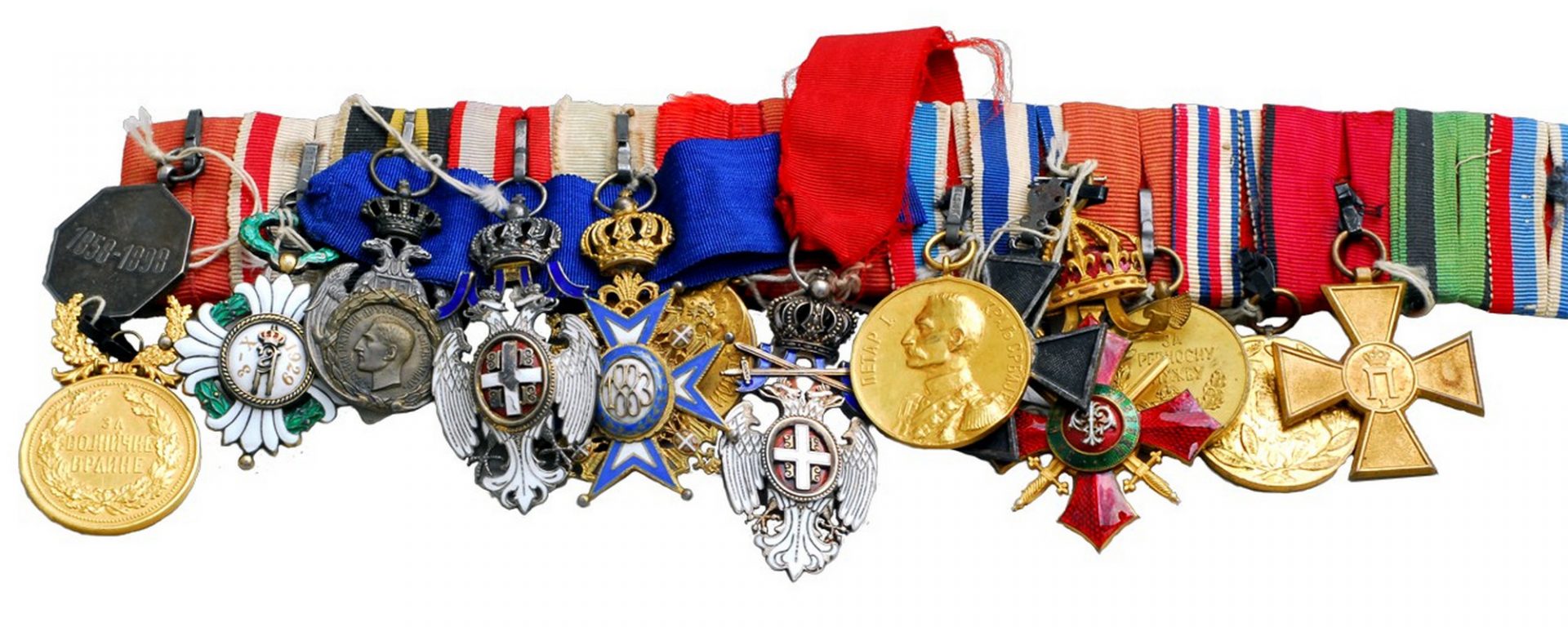The concentration camp in the part of Niš known as Crveni Krst was formed by the Germans in September 1941. Patriots, regardless of their political orientation, were imprisoned in the camp, as well as a large number of Jews and Roma. Out of 30,000 people imprisoned in the camp, more than 10,000 were executed on Bubanj Hill, and a large number were interned in Austria, Germany, Poland, and Norway, where they were forced to do slave labor. Torture, abuse, shootings, unbearable living conditions, cold, hunger, were systematically and sadistically used against ordinary people whose most common fault was that they were Serbs, Jews or Roma. On February 12, 1942, a group of 147 bare-handed prisoners attacked the guards and tried to break out of the camp. 105 of them succeeded in this and 42 died on the camp wires. It was the first organized escape from a camp in enslaved Europe. The Germans intensified the terror in the camp even more until September 14, 1944, when, a month before the liberation of Niš, they left the camp.
After the war a large amount of material was collected, including documents, ID cards, letters, weapons, personal items and photographs of prisoners. On the 25th anniversary of the breakout of the prisoners on February 12, 1967, the Memorial Museum “February 12” was opened in the former camp building as an eternal memory of suffering, heroic resistance and as a reminder that crimes must not be forgotten.

